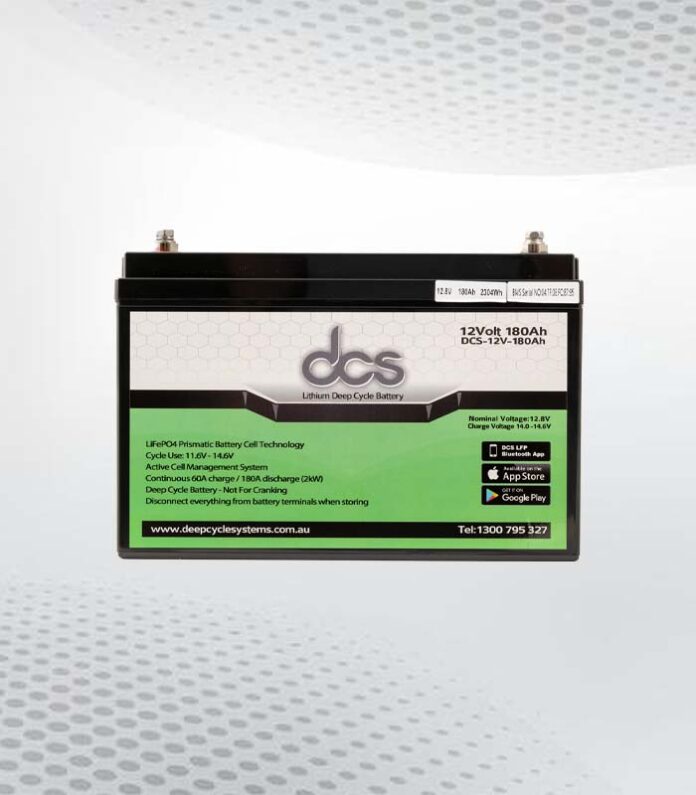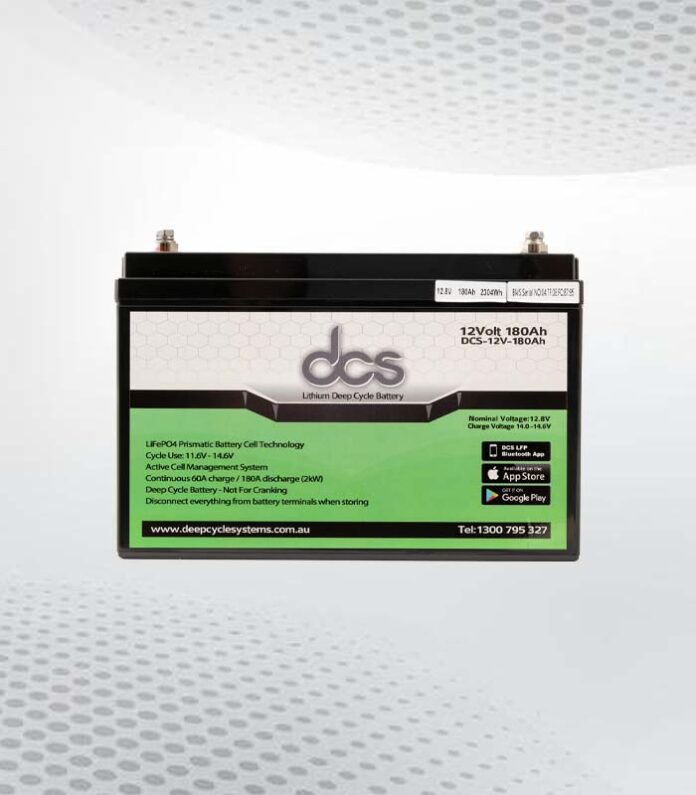Lithium starting battery has revolutionized the automotive industry with their exceptional performance and reliability. These advanced batteries utilize lithium-ion technology, which provides numerous advantages over traditional lead-acid batteries. With their lightweight design, longer lifespan, and superior power output, lithium-ion starting batteries are the preferred choice for car owners worldwide.
Advantages of Lithium-Ion Starting Batteries
There are several key advantages to using lithium-ion starting batteries in your vehicle.
- These batteries are significantly lighter than their lead-acid counterparts, making them ideal for applications where weight is a concern. The reduced weight improves fuel efficiency and enhances overall vehicle performance.
- Lithium-ion starting batteries have a much longer lifespan than traditional batteries. While a lead-acid battery typically lasts 3-5 years, a lithium-ion battery can easily provide ten years or more of reliable service. This extended lifespan reduces the frequency of battery replacements and saves you money in the long run.
- Lithium-ion starting batteries offer faster and more consistent cranking power. Even in extreme weather conditions, such as freezing temperatures, these batteries will deliver the necessary power to start your vehicle without hesitation. This reliability is crucial, especially when a reliable starting battery is essential, such as emergency or off-road vehicles.
How Lithium Ion Car Battery Works?
Understanding how a lithium ion car battery works is essential to appreciate its capabilities fully. Unlike lead-acid batteries, which rely on a chemical reaction between lead and sulfuric acid, lithium-ion batteries use lithium ions to store and release electrical energy. Inside a lithium-ion battery are multiple cells composed of a positive electrode (cathode), a negative electrode (anode), and a separator in between.
Lithium ions move from the cathode to the anode through the separator, storing energy during charging. When discharging, the lithium ions return to the cathode, releasing the stored energy. This highly efficient electrochemical process allows for rapid charging and discharging, making lithium-ion starting batteries ideal for high-performance applications. Lithium-ion batteries have a low self-discharge rate, meaning they can hold their charge for extended periods, reducing the risk of a dead battery.
Common Applications for Lithium-Ion Starting Batteries
Lithium-ion starting batteries are not limited to just automotive use. The versatility of these batteries allows them to be used in various applications where reliable starting power is required. Some common applications include marine vessels, motorcycles, recreational vehicles (RVs), and even small aircraft. Lithium-ion starting batteries are highly sought after in the marine industry due to their ability to provide consistent power in demanding conditions. Whether starting a speedboat’s engine or powering multiple accessories on a yacht, lithium-ion batteries deliver the performance and reliability needed.
Motorcycle enthusiasts also benefit from the advantages of lithium-ion starting batteries. The lightweight design of these batteries reduces the overall weight of the motorcycle, enhancing maneuverability and performance. The fast cranking power also ensures quick and reliable starts, even in cold weather. RV owners appreciate the extended lifespan of lithium-ion starting batteries, as it eliminates the need for frequent battery replacements during their travels. Holding a charge for extended periods is also beneficial when camping in remote locations with limited access to electricity.
Tips for Maximizing the Performance and Lifespan of Lithium-Ion Starting Batteries
To get the most out of your lithium-ion starting battery, it is important to follow a few simple tips:
Proper Charging:
Use a charger specifically designed for lithium-ion batteries to ensure proper charging. Avoid overcharging or undercharging, as both can negatively impact battery performance and lifespan.
Avoid Extreme Temperatures:
Lithium-ion batteries can handle a wide temperature range, but extreme heat or cold can affect their performance. Parish your vehicle in a shaded area or use a battery insulation kit to protect the battery from extreme temperatures.
Regular Maintenance:
Keep the battery terminals clean and free from corrosion. Clean them with baking soda and water, then thoroughly rinse and dry.
Avoid Deep Discharges:
Lithium-ion batteries prefer shallow discharges rather than deep discharges. Try to avoid fully draining the battery whenever possible, as this can reduce its overall lifespan.
Store Properly:
If you plan on storing your vehicle or battery for an extended period, store the battery in a cool and dry place. Maintaining a partial charge to prevent the battery from fully discharging is also recommended.
By following these tips, you can ensure that your lithium-ion starting battery performs optimally and lasts many years.
Safety Considerations When Using Lithium Ion Solar Battery
While lithium ion solar battery offer numerous advantages, it is important to handle them with care to ensure your safety. Here are some safety considerations to keep in mind:
Avoid Physical Damage:
Protect the battery from impact or physical damage, which can lead to internal short circuits and potential hazards.
Avoid Overheating:
Prevent the battery from overheating by avoiding exposure to direct sunlight or leaving it in a hot vehicle for extended periods. Overheating can cause the battery to swell or even catch fire.
Use Compatible Chargers:
Always use chargers specifically designed for lithium-ion batteries. Using incompatible chargers can lead to overcharging or overheating, damaging the battery and posing safety risks.
Dispose of it properly:
When replacing your lithium-ion starting battery, dispose of it properly at a designated recycling center. Lithium-ion batteries contain hazardous materials and should not be disposed of in regular trash.
By following these safety considerations, you can enjoy the benefits of lithium-ion starting batteries while ensuring your safety and the safety of those around you.
Comparison between Different Brands and Models of Lithium-Ion Starting Batteries
When choosing a lithium-ion starting battery, it is important to consider the different brands and models available. Each brand may offer varying features, warranties, and performance characteristics. Conducting thorough research and reading customer reviews can help you make an informed decision. Consider factors such as battery capacity, cranking amps, cycle life, and warranty when comparing brands and models.
Check for certifications and safety features, such as overcharge protection and short circuit prevention. It is advisable to consult with a professional or seek recommendations from car enthusiasts who have experience with lithium-ion starting batteries. Their insights can provide valuable information and help you choose the right battery for your requirements.
How to Choose the Right Lithium-Ion Starting Battery?
Choosing the right lithium-ion starting battery requires carefully considering your needs and vehicle requirements. Here are some factors to consider when making your decision:
Battery Capacity:
Determine the appropriate capacity based on your vehicle’s power requirements. Consider engine size, accessories, and climate conditions to ensure the battery can handle the demands.
Cranking Amps:
Check the battery’s cranking amps (CA) and cold cranking amps (CCA) ratings. These ratings indicate the battery’s ability to deliver power during starting, with higher values providing better performance in extreme conditions.
Battery Management System (BMS):
Look for lithium-ion starting batteries with an integrated BMS. A BMS helps monitor and protect the battery from overcharging, overheating, and other potential issues.
Warranty:
Consider the warranty offered by the manufacturer. A longer warranty period indicates the manufacturer’s confidence in the battery’s quality and performance.
Price:
While price should not be the sole determining factor, it is important to consider the overall value provided by the battery. Compare prices among different brands and models to get the best bang for your buck.
Considering these factors, you can make an informed decision and choose the right lithium-ion starting battery that meets your vehicle’s needs.
FAQs
Can lithium-ion starting batteries be used in all vehicles?
Lithium-ion starting batteries can be used in most vehicles, including cars, motorcycles, boats, and recreational vehicles. However, ensuring that the battery you choose is compatible with your vehicle’s electrical system and requirements is essential.
Are lithium-ion starting batteries safe?
When handled and used properly, lithium-ion starting batteries are safe. However, it is important to follow safety guidelines, such as avoiding physical damage, using compatible chargers, and disposing of the battery correctly.
Can lithium-ion starting batteries be charged with a regular battery charger?
No, lithium-ion starting batteries require specific chargers designed for lithium-ion technology. Using a regular battery charger can damage the battery and pose safety risks.
What is the average lifespan of a lithium-ion starting battery?
On average, lithium-ion starting batteries can last ten years or more, depending on usage and maintenance. Proper care and following the manufacturer’s guidelines can help maximize the battery’s lifespan.
How do I dispose of a lithium-ion starting battery?
Lithium-ion starting batteries should be disposed of at designated recycling centers or battery recycling programs. These centers can safely handle and recycle the battery’s hazardous materials.
Conclusion
Lithium-ion starting batteries have transformed the automotive industry by providing lightweight, long-lasting, high-performance power solutions. Whether you’re looking to upgrade your car battery or enhance the starting power of your motorcycle, a lithium-ion starting battery offers numerous advantages. By following the tips mentioned in this article, you can maximize the performance and lifespan of your lithium-ion starting battery.
Remember to prioritize safety when handling and using these batteries, and always choose a reputable brand with the right specifications for your vehicle. Unleash the power of lithium-ion starting batteries and experience the difference they can make in your vehicle’s performance and reliability. With their advanced technology and proven track record, these batteries are the future of automotive power.



